Euro NCAP Is Worried About Big, Overweight SUVs
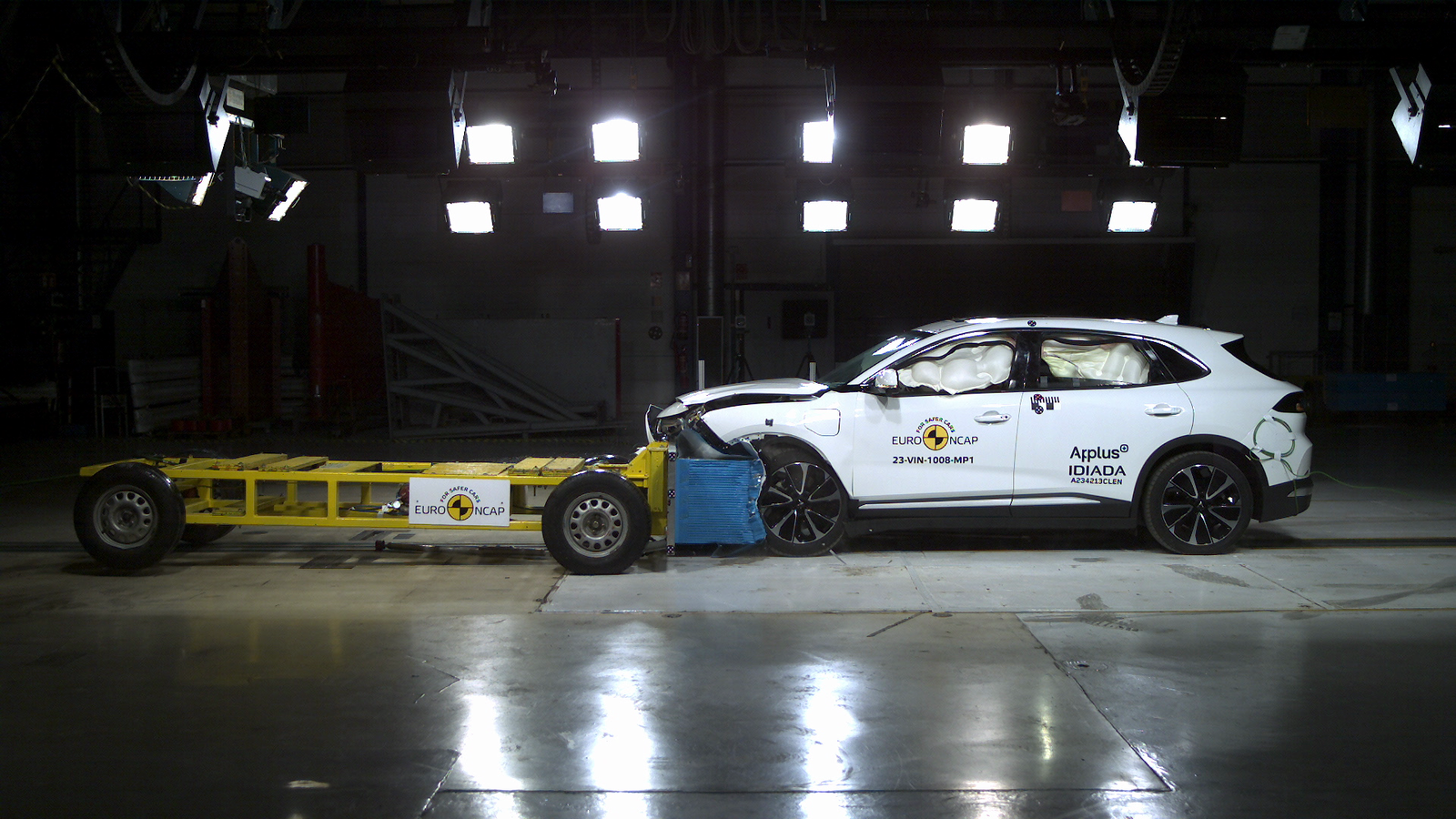
Much to our (and presumably your) dismay, the onslaught of new electric SUVs seemingly has no end. The two go hand-in-hand really - most people want bigger cars and high driving positions, while manufacturers want as much space for batteries as possible to cram huge range figures into their marketing. However, Europe’s leading safety board has taken a stance.
Euro NCAP, the board responsible for the safety ratings you’ll see on pretty much any new car in Europe, has said there’s a “concerning trend” for “heavier, more powerful, and taller cars”. Of 11 cars it tested in its final round of 2023, just three weighed less than two tonnes.
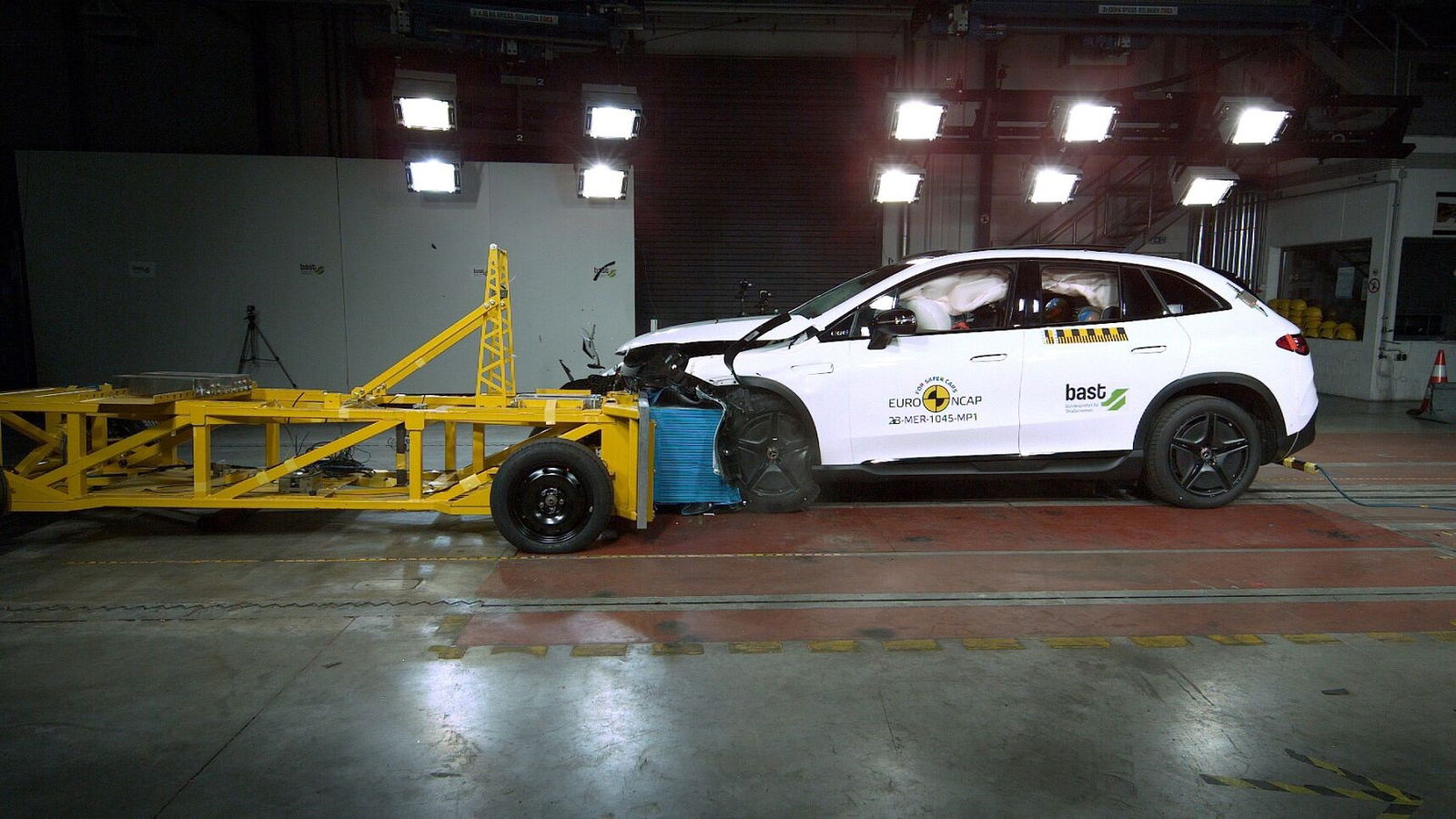
Going on the defensive, Dr Michiel van Ratingen, secretary general at Euro NCAP, said: “For years, Euro NCAP was accused of pushing up the weight of cars. It was thought that additional safety features meant extra mass.
“That was never really the case and the increase in vehicle weight we see nowadays is certainly not safety-related – it is down to consumer preference for larger vehicles and to electrification, with ever bigger batteries being used to quell consumers’ range anxiety.”
Despite its concerns, eight of those 11 cars in its recent wave scored a 5/5 rating. Notably, the Volkswagen ID 7 - one of the few non-SUVs it tested - was described as “achieving one of the year’s best overall scores”. Its 95 per cent rating for adult occupants was a particular highlight.
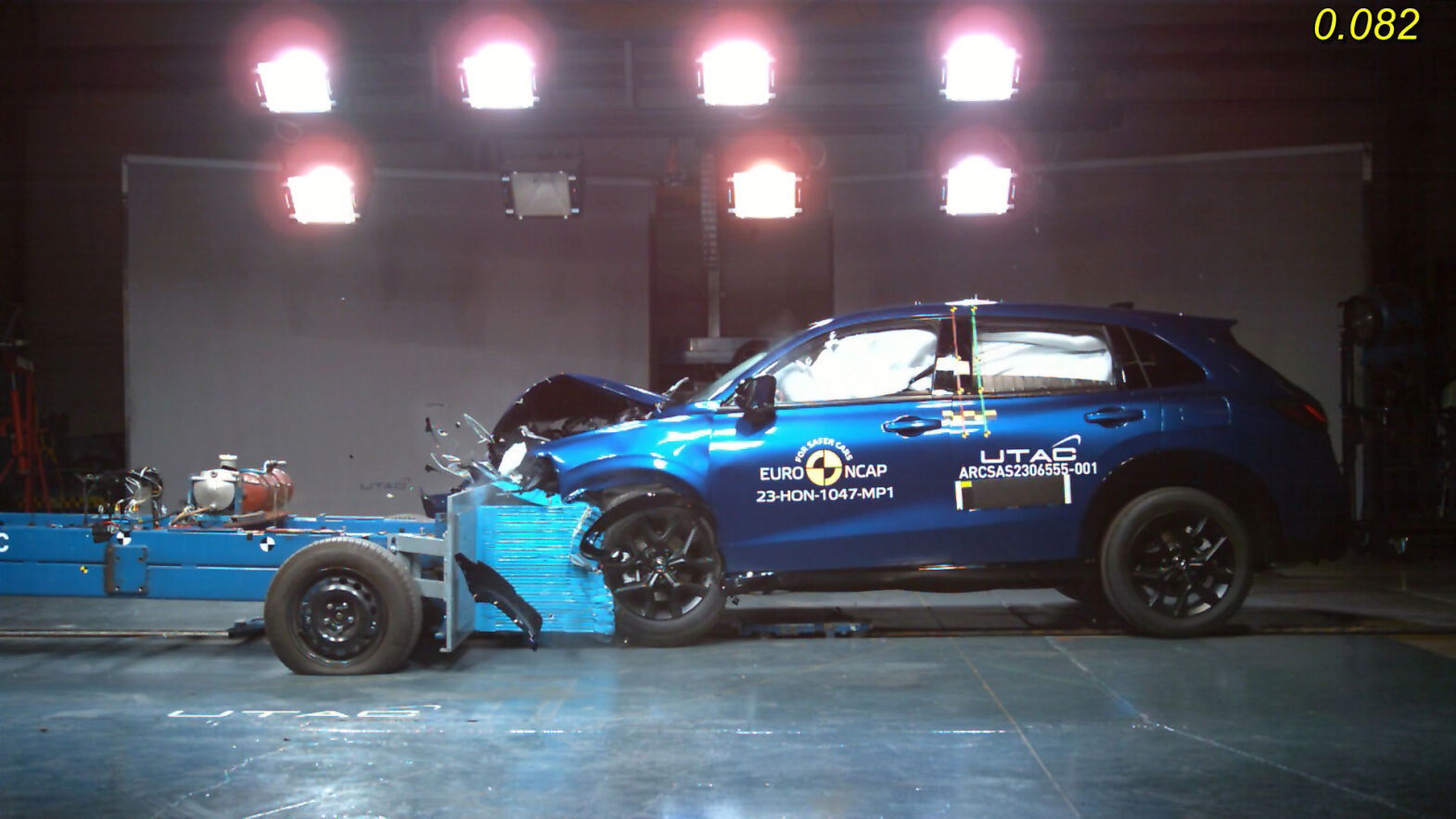
Failing to achieve five stars was the VinFast VF8, one of the first cars from the new Vietnamese brand, along with the Honda ZR-V - notable for being the only hybrid vehicle in this round of testing. Both scored four stars.
Although the Hyundai Kona achieved the same rating, Euro NCAP said it was “lucky to avoid three stars” and described its result as a “real disappointment”.
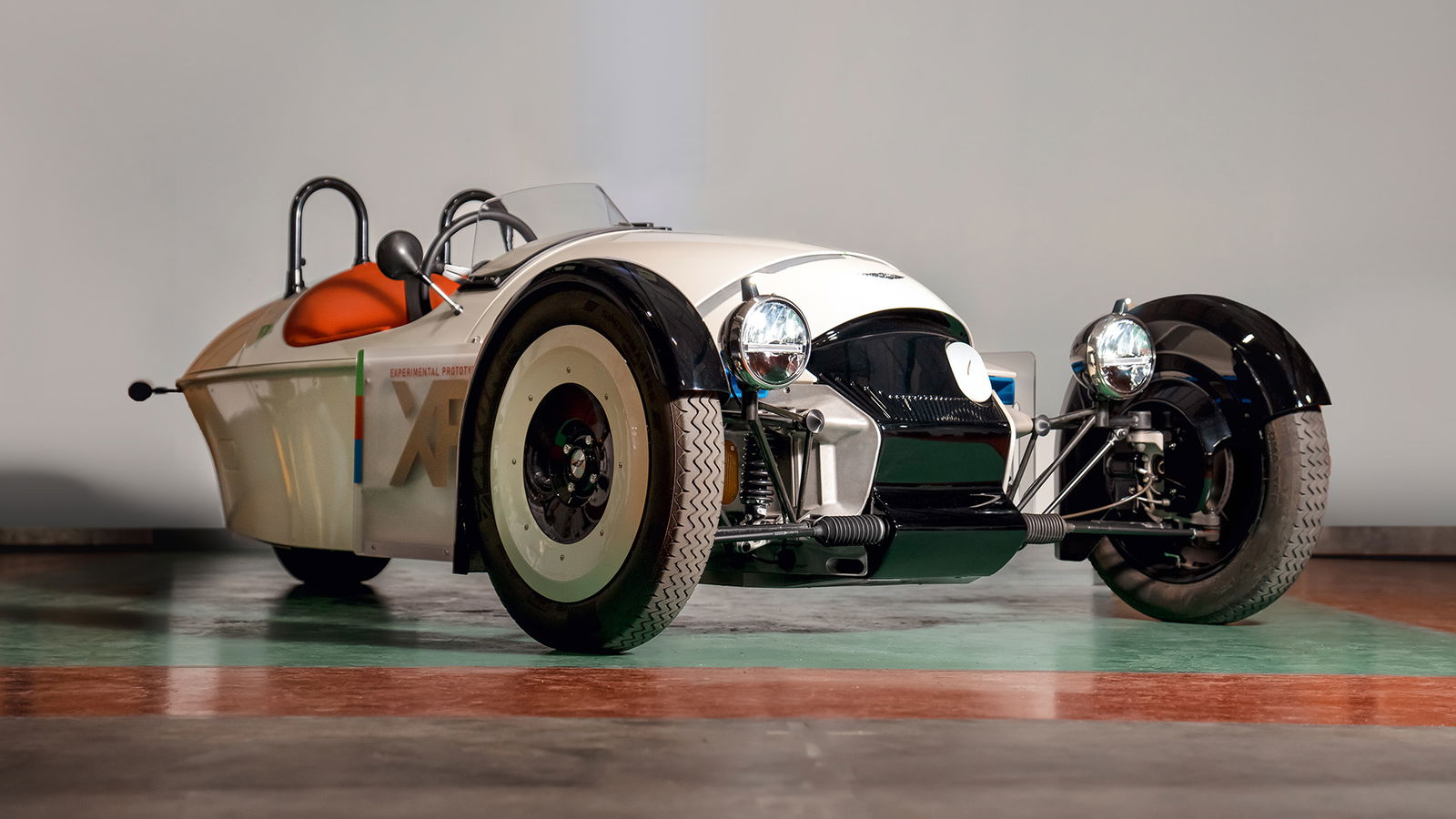
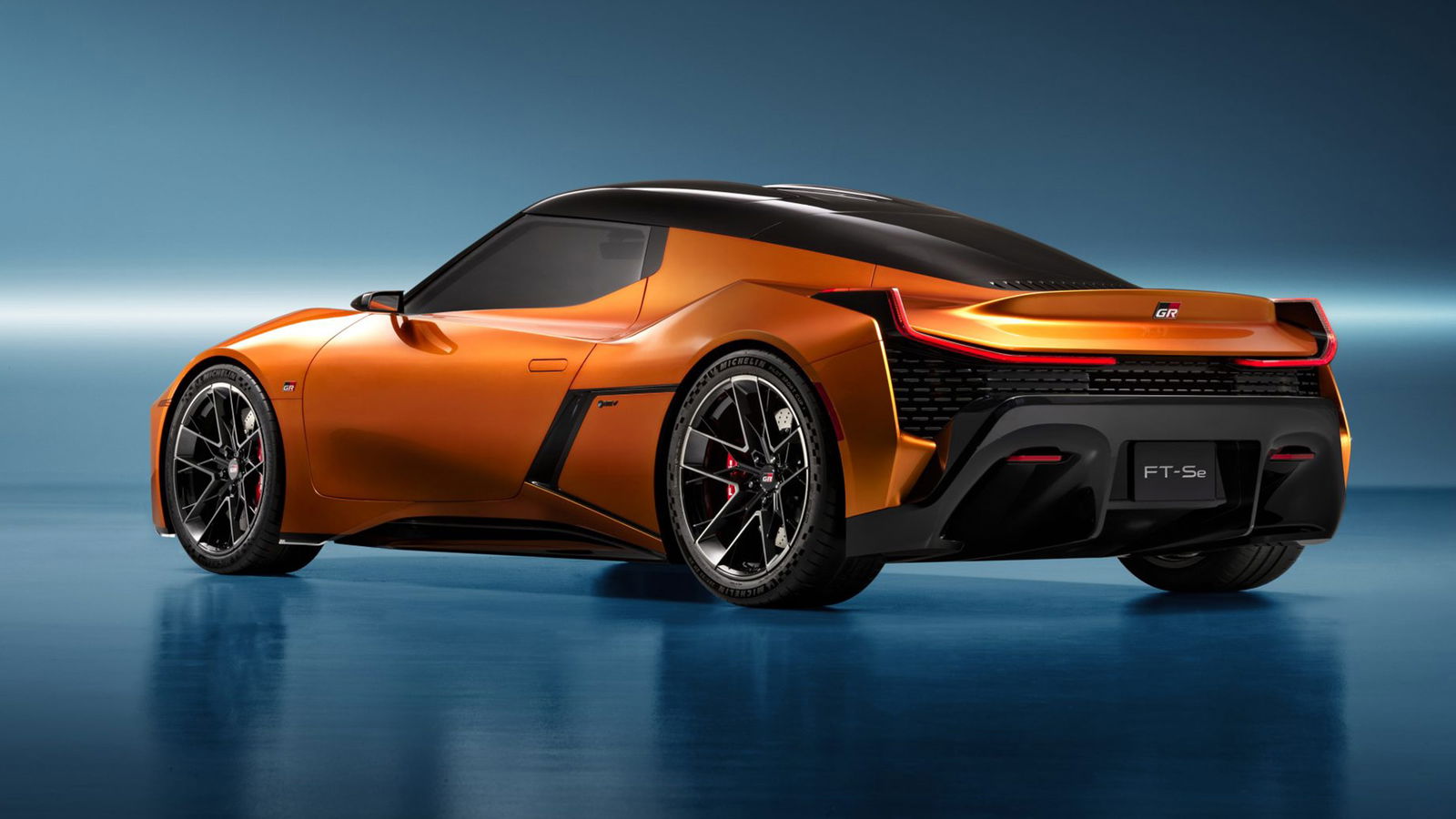







Comments